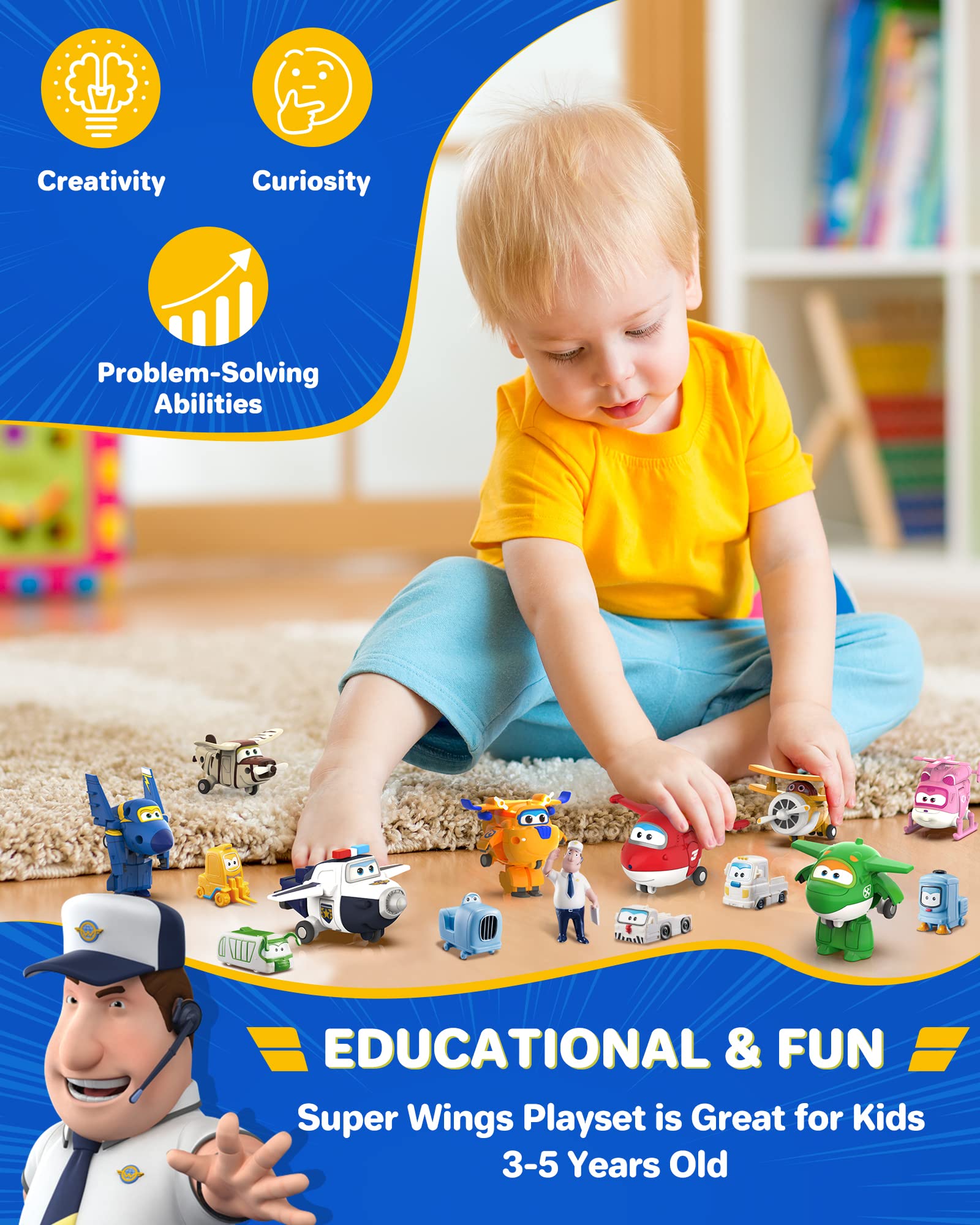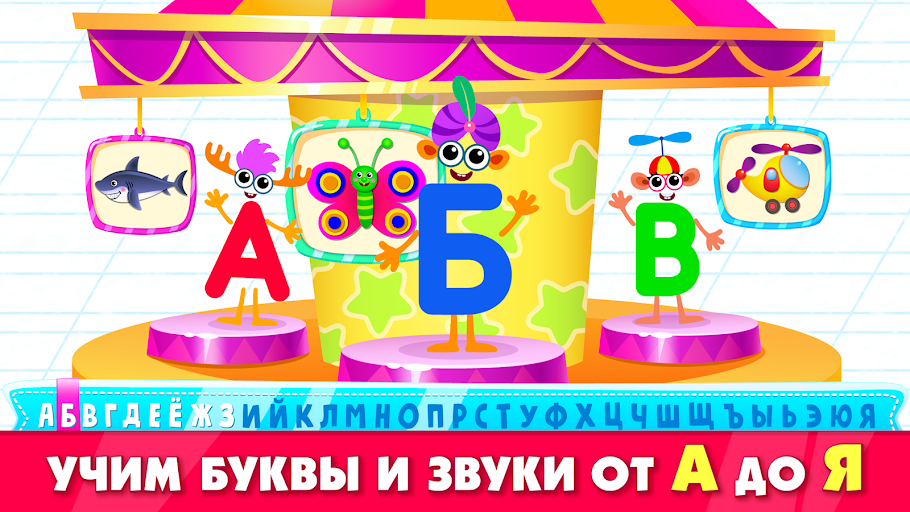

Action Research Implementation in Developing an Open Source and Low Cost Robotic Platform for STEM Education. Chatzopoulos, A., Papoutsidakis, M., Kalogiannakis, M., & Psycharis, S.Advances in Mobile Learning Educational Research, 1(2), 72-81. Educational robotics and STEAM in early childhood education. School Science and Mathematics, 112(1), 3-11. What Is STEM? A Discussion About Conceptions of STEM in Education and Partnerships. Collections: A STEM-Focused Curriculum, Implementation Guide. Journal of Technology Education, 23(2), 44-60. Standards for Technological Literacy and STEM Education Delivery Through Career and Technical Education Programs. Deepening Our Knowledge about Sustainability Education in the Early Years: Lessons from a Water Project. Ampartzaki, M., Kalogiannakis, M., & Papadakis, S.Early Childhood Education Journal, 44(2), 169-179. Astronomy in Early Childhood Education: A Concept- Based Approach. The main goal of this presentation is to emphasize the contribution of this educational approach towards a more effective teaching of Science in Kindergarten and in-depth learning and understanding of natural concepts by preschoolers. There is also a presentation of the holistic educational STEAM approach.

More specifically, this article showcases the importance of teaching Science in Preschool Education and its practicability at this age group. According to the above, this study is a literature and article review with its primary purpose to verify the above assumptions. Various researchers emphasize the importance and positive outcomes of implementing a STEM education program in Kindergarten, as children can acquire at an early age all the necessary resources that will play a decisive role in their later life. In this way, the STEM and STEAM approach seems to be progressively gaining ground in Preschool Education. The goal of Kindergarten is to properly prepare its students to become active citizens of their country by helping them get all the necessary skills. The kindergarten environment cannot remain isolated and uninfluenced by the developments in a constantly changing world. Based on these perceptions, children approach, "decode," and understand new knowledge through the interaction of the two cognitive systems, the pre-existing and the taught new enriched cognitive patterns. Their pre-existing beliefs and experiential knowledge are the foundations upon which the new concepts will be merged. It is accepted that children approach and understand the new knowledge taught in the classroom in the context of what they already know. However, in recent years a growing interest in the introduction of Science in Preschool Education can be seen among scientists, as they realize that the children’s first experiences will be the cornerstone of the relationship they are going to develop with this scientific field in the future. PPS Pre-K programs include developmental screening, language proficiency assessment as appropriate, assessment and referral services, and coordination and transition with school personnel for Individual Education Plans as needed.Across all levels of education, Natural Sciences is a scientific field that is gaining considerable research interest. PPS Pre-K programs use formative assessment data to partner with families, to inform curriculum planning, and to best meet individual student needs. All Pre-kindergarten classes use nationally validated curricula and follow the Maine State Early Childhood Learning Guidelines. Public preschools are approved and monitored through the Maine Department of Education and follow Chapter 124: Basic Approval Standards: Public Preschool Programs. As a city, it is our goal to ensure access to high-quality Pre-K for all Portland children and we continue to partner with other organizations and providers to pursue that goal.

The program prepares children to enter kindergarten having mastered foundational skills and the ability to initiate and maintain positive social relationships, as well as appropriate levels of independence to express their needs, identify and manage their emotions and solve problems with caring adults and peers.
#Kindergarten 2 mobile professional#
Our teachers are highly qualified based on national standards and receive regular professional development.

We view children as competent and capable learners with unique and diverse qualities.


 0 kommentar(er)
0 kommentar(er)
